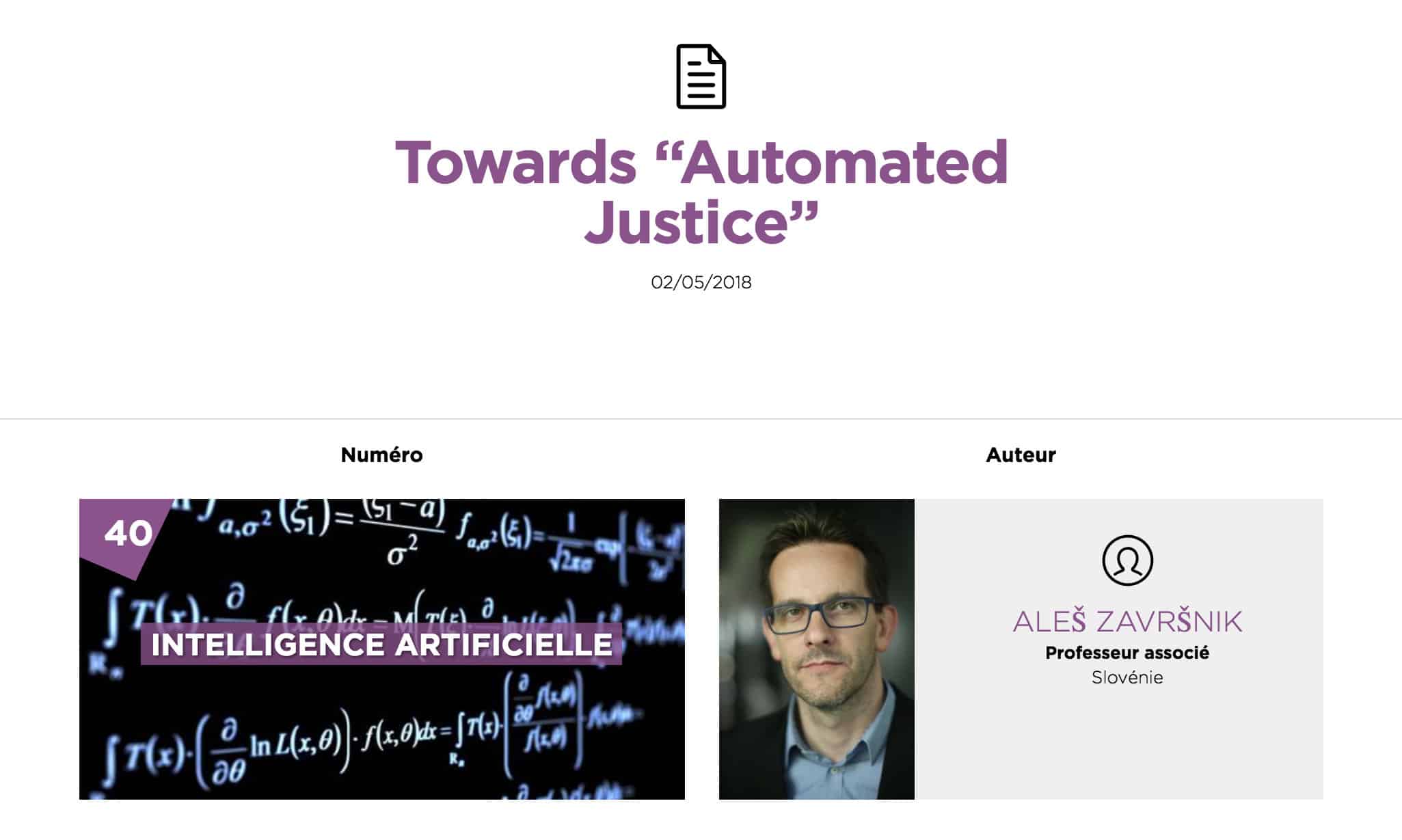Our world runs on the application of big data, algorithms, and artificial intelligence (AI) in many areas of our lives; social networks suggest whom to befriend, algorithms trade our stocks, and even romance is no longer a statistics-free zone. Big data coupled with algorithms has become a central theme of intelligence, security, defence, antiterrorist, and crime policy efforts, as computers help the military find its targets and intelligence agencies justify their assessments on the basis of massive pre-emptive surveillance of public telecommunications networks, as revealed by Edward Snowden in 2013. The algorithms that are mining for intelligible interpretations of big data sets are forming new types of knowledge production in the crime control domain as well. Law enforcement agencies increasingly use crime prediction software, e.g. PredPol (Santa Cruz, California), CompStat (New York), Precobs (Zürich, Munich), and Maprevelation (France), to allocate their resources, while criminal courts are increasingly relying on sentencing prediction instruments and probation commissions on probation algorithms. … Towards “Automated Justice” — fellows RFIEA
Oznake
Afganistan
AI4Deliberation
avtomatizacija
covid-19
dehumanizacija
demokracija
dezinformacije
digitalizacija
digitalna varnost
družbene spremembe
družbeno nadzorstvo
etika
genocid
hawlina
informacijska družba
internet
jezik
kaznovanje
konferenca
kriminaliteta
language
law
Ljubo Bavcon
magistrsko delo
medicina
mednarodno pravo
migracije
monografija
nasilje v družini
okrogla miza
pandemija
pravo
prosto delovno mesto
psihologija
spletne vsebina
spolna kriminaliteta
Talibani
torkovo srečanje
triaža
umetna inteligenca
varnost
vesolje
zakon o medijih
zasebnost
človekove pravice




